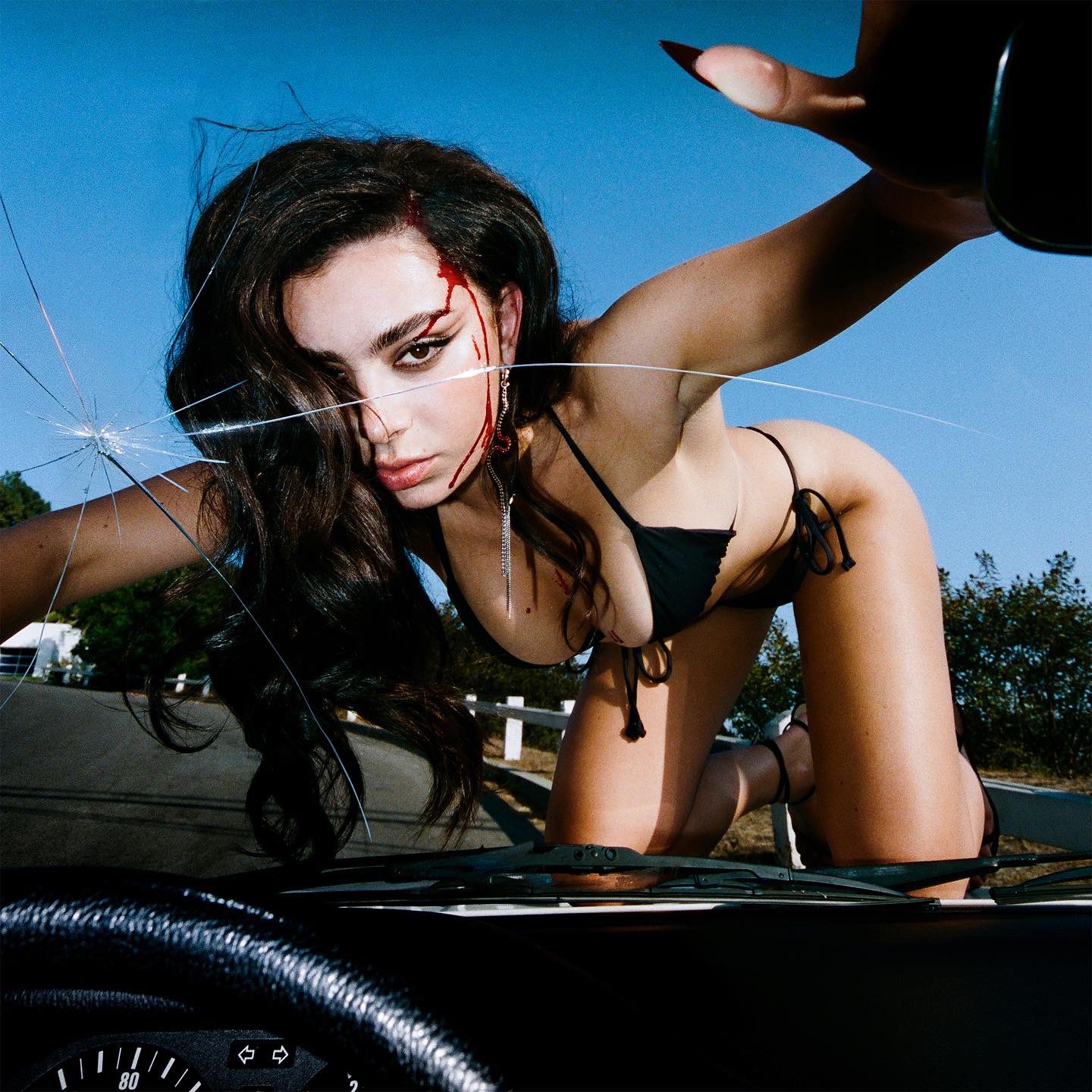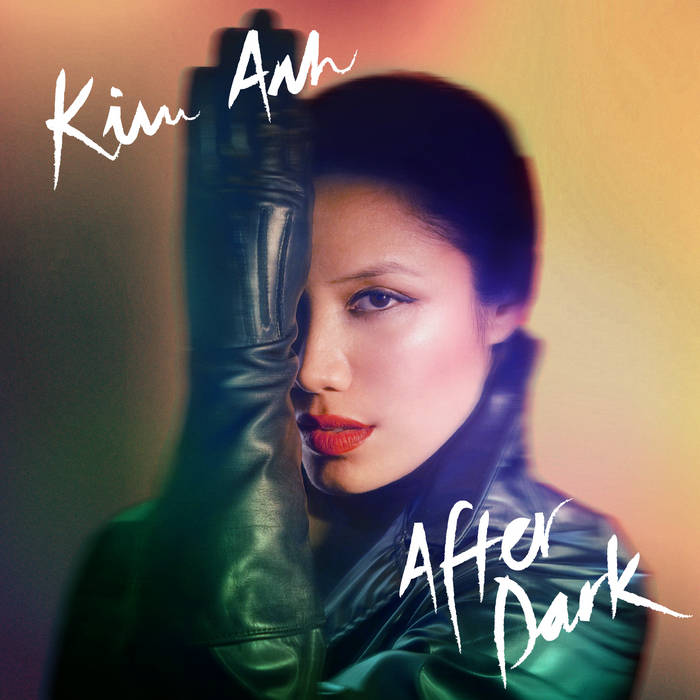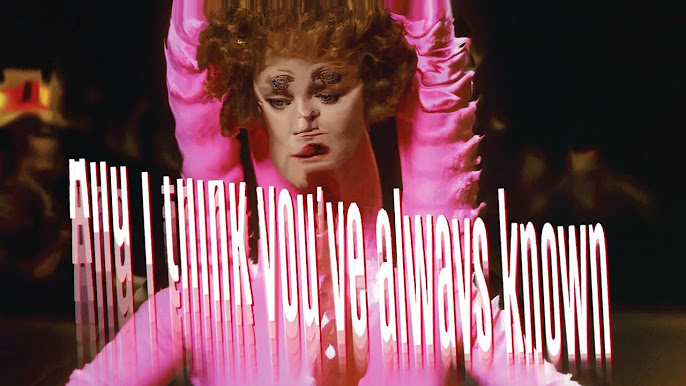Charli XCX – Crash
“I don’t wanna go to school, I just want wanna break the rules,” proclaimed Charli XCX in 2014. This was no frivolous remark. If only we’d understood just how serious she was, perhaps her path as a pop star wouldn’t be regarded as the oddity it is today. Truthfully, XCX has churned herself through the pop machine backwards. Arriving poised for mainstream and commercial success off the back of singles like Boom Clap and 2014’s song of the summer Fancy, XCX instead pivoted in the opposite direction to the zeitgeist’s rising ‘main pop girls.’ Less interested in making the next Boom Clap than she was in exploring her inherent artistic desires, XCX took the plunge into far left-field territory that’s usually expected of pop stars at least halfway through their careers (see: Bedtime Stories, Anti). Calculated in accordance to standard pop trajectories, XCX seemed to revolt against her burgeoning mainstream success at least six years too early. Her uncompromising approach to her music delivered a stunningly polarising catalogue that begins with the SOPHIE helmed Vroom, Vroom and extends to 2020’s How I’m Feeling Now, and her roster of collaborators have come to emerge as the leading voices in the alt and hyperpop scenes of which XCX was an essential harbinger. Unsurprisingly, her proclivity for experimentation and anti-commercial futurism was never well supported by her label Atlantic. They infamously squandered plans for XCX’s third studio album and instead prompted her to release a string of seminal mixtapes that would not only prove essential to the development of her sound, but pop as a whole.
Before examining her new album and last on her current deal with Atlantic, it’s necessary to understand why Crash exists. Following years of pressure from Atlantic to look or sound a certain way that was more marketable to the mainstream, XCX decided to go ‘all in’ for the final album on the label while still, in fact, doing it on her own terms. Her promotional campaign for Crash has been a masterclass in playing the pop machine. Starting with lead single Good Ones, arguably Crash’s most radio-friendly moment, XCX adopted a vampire-vixen like image and persona to explore the idea of “selling your soul.” In her interviews, she’s been straight forward about Crash being her ‘sell out’ era. “I’m exploring what it means to be a pop star on a major label in a not very current way. And that’s really fun to me,” she told Refinery24. Meanwhile, Dazed published a think-piece interrogating whether XCX’s ‘sell out era’ was performance art or actual selling out. Yet at the centre of it has always been an incredibly astute artist, aware of the public perception of herself and her work. She gave herself the freedom to become one of the most subversive voices in pop and with Crash, she’s giving herself the freedom to once again do the opposite of what’s come to be expected of her.
Crash is the album Charli XCX should have put out six years ago, or at least would have been expected to. A departure from the bedroom rave of How I’m Feeling Now and the serpentine hyperpop of Charli, Crash is XCX’s embrace of the mainstream formula, yet it still sounds like absolutely nothing else in mainstream pop right now. Crash synthesises 80’s pop tropes and references from the most obscure regions of mainstream pop history into something accessible for the Top40, though honestly the Top40 may still have a hard time digesting its sheer brilliance. Though she’s making a claim for mainstream dominance, it’s clear that XCX can’t shake off her inherent auteurism and one can’t help but marvel at her points of departure. Despite her early confessions that the album would be heavily Janet inspired, who could have expected an album this informed by new jack swing? The title track explodes with a retro swingbeat and concludes with an extended mid-fi electric guitar solo, like something that’s literally crashed out of another decade. Then there are the songs that interpolate what have come to be essential entries into the dance pop canon. Previously released single Beg For You with Rina Sawayama sent melomaniacs into a tailspin early this year, with its blunt albeit brilliant interpolation of September’s early 00’s hit Cry For You, a reference which makes complete sense in the larger scope of Crash. Late into the album, she interpolates Robin S. on Used To Know Me. It’s ballsy; taking these dance floor classics that have gained a sort of cult notoriety in underground circles and on the queer club circuit, and it shows that XCX has her finger firmly on the pulse of the counterculture that’s moving the mainstream forward. Crash is by no means paint by numbers pop, it’s an intelligent fusion of influences from a true scholar of the genre, pulling from everywhere and everything from Flashdance and city pop to Toni Braxton’s Spanish Guitar.
Download and stream Crash here
There are many standouts, and notably the least number of collaborations on any of her albums to date. It’s pure Charli, baby. Tracks like Lightning continue to demonstrate XCX as one of the greatest pop writers of her generation. No one can write a hook quite like her, and Lightning recalls some of her best in the lieu of Gone. The city pop slickness of Baby is one of XCX’s most sultry and louche entries to her catalogue and points toward the album’s Cronenberg influence, while Move Me is possibly some of her best writing to date. On the latter, a mid-tempo ballad, the droning synths and 2008 R&B beat cut out from behind her so that XCX’s voice delivers the track’s staccato hook acapella, a beguiling moment that grips your attention and never lets go. Constant Repeat is a slice of mid-00’s nostalgia, with an earworm hook that’s so addictive it makes the song’s title seem like a warning label. Even Crash’s ostensibly weaker moments are still impressive, their only fault being that XCX sounds a lot like someone else on these songs in particular. On Yuck, she cosplays Kim Petras, and while brilliant, Constant Repeat’s hook sounds like the ghost of a forgotten Pussycat Dolls deep cut (which, objectively, is not actually a terrible thing.) Twice picks up where she left off in 2013. Drawing from what many critics have considered her commercial peak, XCX makes a point of reminding us that she’s more than capable of returning to and perfecting the formula once again. Bearing in mind Crash’s objective as a whole, these tracks fit the bill most as XCX playing up the mainstream and proving that she’s not only a contender for Main Pop Girl status, but she can do what everyone is doing with her eyes closed and still come out on top. Crash proves that she is, and has always been, light years beyond the pop mainstream.
In the scope of her oeuvre, Crash is an essential entry that gives credence to XCX’s previous work, and perhaps will help the general public (or as they’re lovingly referred to in pop world, the ‘GP’) understand this work better. As the final body of work to fulfil a contractual obligation, Crash honestly has no business going this hard, but we’re so glad that it does. It’s the hit of RUSH that the pop mainstream so desperately needs right now, and it’s a camp, tongue in cheek gesture from XCX that shows she’s not just breaking the rules, but she’s become the one making them.
See the visualiser for Lightening from Crash below.
Follow Charli XCX



